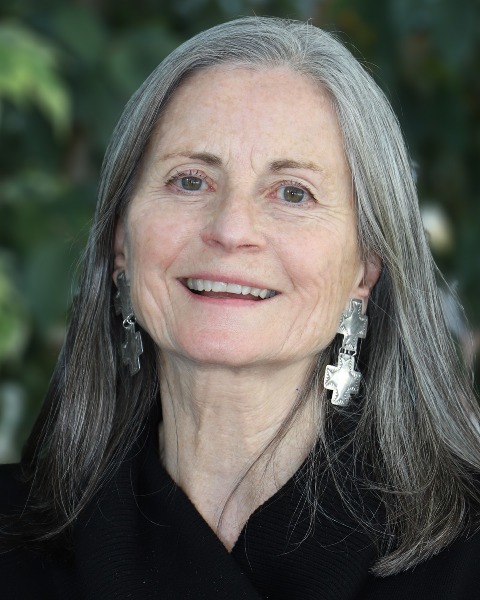Learning Lab - 20-25 minutes for each presentation
Leadership, Mentoring, and Training the Next Workforce
D2. Learning Lab: Developing Health Professions Leadership: Training in Zambia and Community Partnerships with Native Nations
D2.02 - Learning Lab: A Community-university Partnership Preparing Emerging Health Professionals to Work with Native Nations
Thursday, April 17, 2025
10:30 AM - 11:00 AM PST
Location: Atlantic I/II, 2nd Floor
Earn 1.0 Advanced CECH
Area of Responsibility: Area I: Assessment of Needs and Capacity
Subcompetencies: 4.3.2 Implement data collection procedures., 4.4.4 Draw conclusions based on findings.
Research or Practice: Practice
Subcompetencies: 4.3.2 Implement data collection procedures., 4.4.4 Draw conclusions based on findings.
Research or Practice: Practice

Nicolette I. Teufel-Shone, PhD (she/her/hers)
Professor
Northern Arizona University
Flagstaff, Arizona, United States
Presenter(s)
Learning Objectives:
At the end of this session, participants will be able to:
- Describe the components of a service-learning curriculum
- Explain the role of community and university partners in a service learning project.
- Explain how service learning differs from an internship or volunteerism
Detailed abstract description: The accreditation criteria of Council on Education for Public Health emphasizes the value of experiential activities in preparing the workforce at both undergraduate and graduate levels. Service-learning is experiential education that engages emerging health professionals in community generated service projects. In the context of formal coursework, service learning provides structured opportunities to guide students through career relevant activities and verbal and written reflection on community specific and broad social, economic and political contexts of health. From 2022-2024, leadership of a small rural Native Nation community and faculty in an MPH program having an Indigenous Health emphasis, have partnered to mentor students through the processes of developing a community needs and assets survey, administering the survey through home visits, entering and analyzing the data, creating an outcome report that shared data through graphs, tables and charts and non-scientific narratives, and designing and providing an in-person presentation of the highlights of the survey outcomes at a community gathering. Given the rurality of the community, leaders realized that publicly available information about their community (e.g., Census, American Community Survey) did not accurately reflect household infrastructure (e.g., indoor plumbing, access to phone, internet and electricity, and heat and cooking sources) and did not document which medical and educational resources community members used, since these services were not available locally. Community leaders requested the collection of the information to develop a data base to guide the development of grant applications for submission to Native Nation leadership or external funding agencies. Over the course of two semesters, students participate in the multiple steps of an essential Public Health Service: Assess and monitor population health status, factors that influence health, and community needs and assets. Training the next workforce to work in diverse settings, such as a rural, under-resourced Native Nation community, provide insight and prepares public professionals to develop locally relevant, sustainable strategies to achieve health equity.

